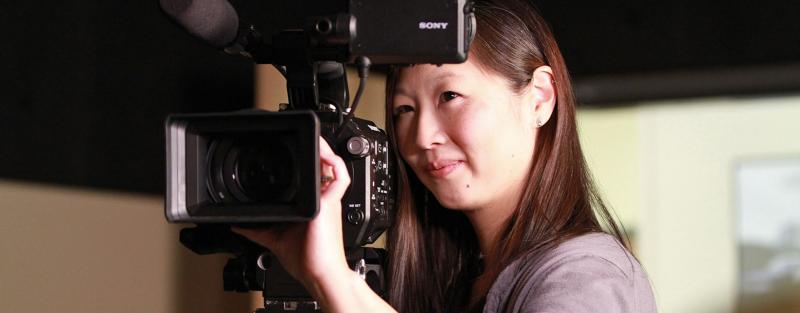Video Editing and Effects Degree Requirements
Explore the classes that will give you the technical skills and experience to launch your career in video editing and special effects.
The core video editor degree courses start by studying the history and function of the media in society. In your editing classes, learn to use digital editing software including Final Cut Pro, Adobe Premiere and Avid. Special effects software classes teach you to use Adobe After Effects and Cinema 4D.
You’ll spend three out of four semesters in the lab using video editing and effects software. Along with general education courses, choose from electives including digital photography, motion graphic design, and 3D modeling and animation.
